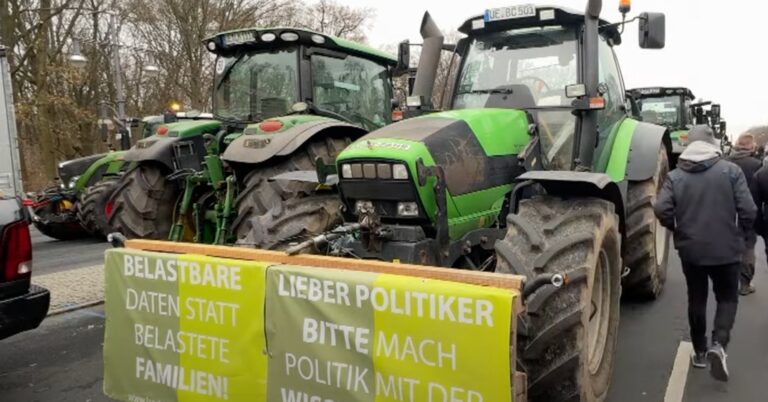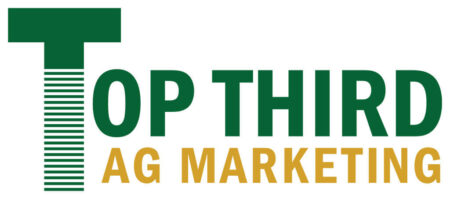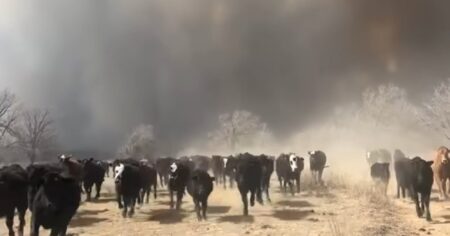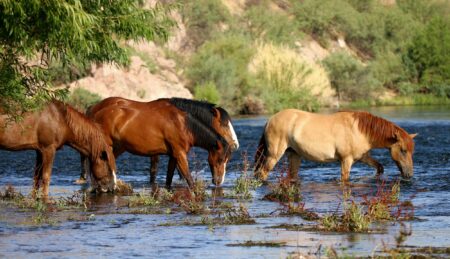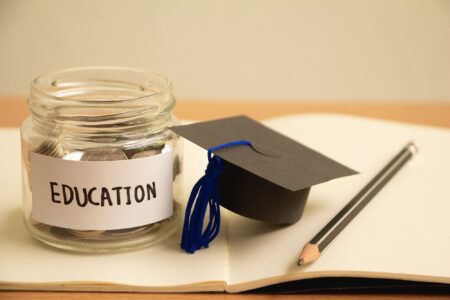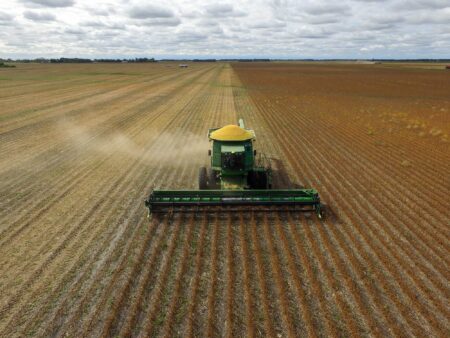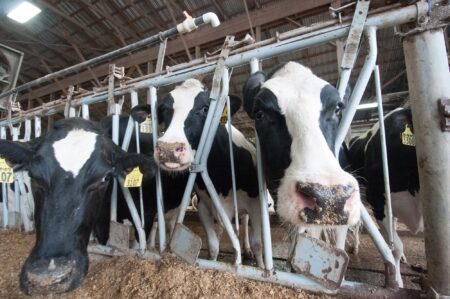Travel can be an eye-opening experience that grows our perspectives, and that’s one of the reasons I love doing it. I recently returned from a two-week trip adding Denmark to the list of European countries I’ve visited (Great Britain, Scotland, and Ukraine, also grace the list, if you’re wondering). I also spent a few days in London checking off some must-see places (Buckingham Palace included!) that I missed on my first trip.
Although my vacation was far from a comprehensive study of the entire European Union, there were certain observations I made that make sense of the agriculture policies I’ve followed and covered in recent years. Given all the ruckus some of those policies have caused, especially with European farmers, it makes sense to consider how it all fits together.
The first hint that we were in a different world came from an unexpected place: a Coke bottle. I grabbed one at the Heathrow airport for a shot of caffeine and sugar. I twisted the cap to open the bottle and … the cap refused to come off the bottle. It stayed attached. Was it defective? No, that’s something they do in Europe. Bottle caps tend to get disposed of separately from the bottle and, as a result, they don’t get recycled as often. So now these bottle caps are semi-attached.
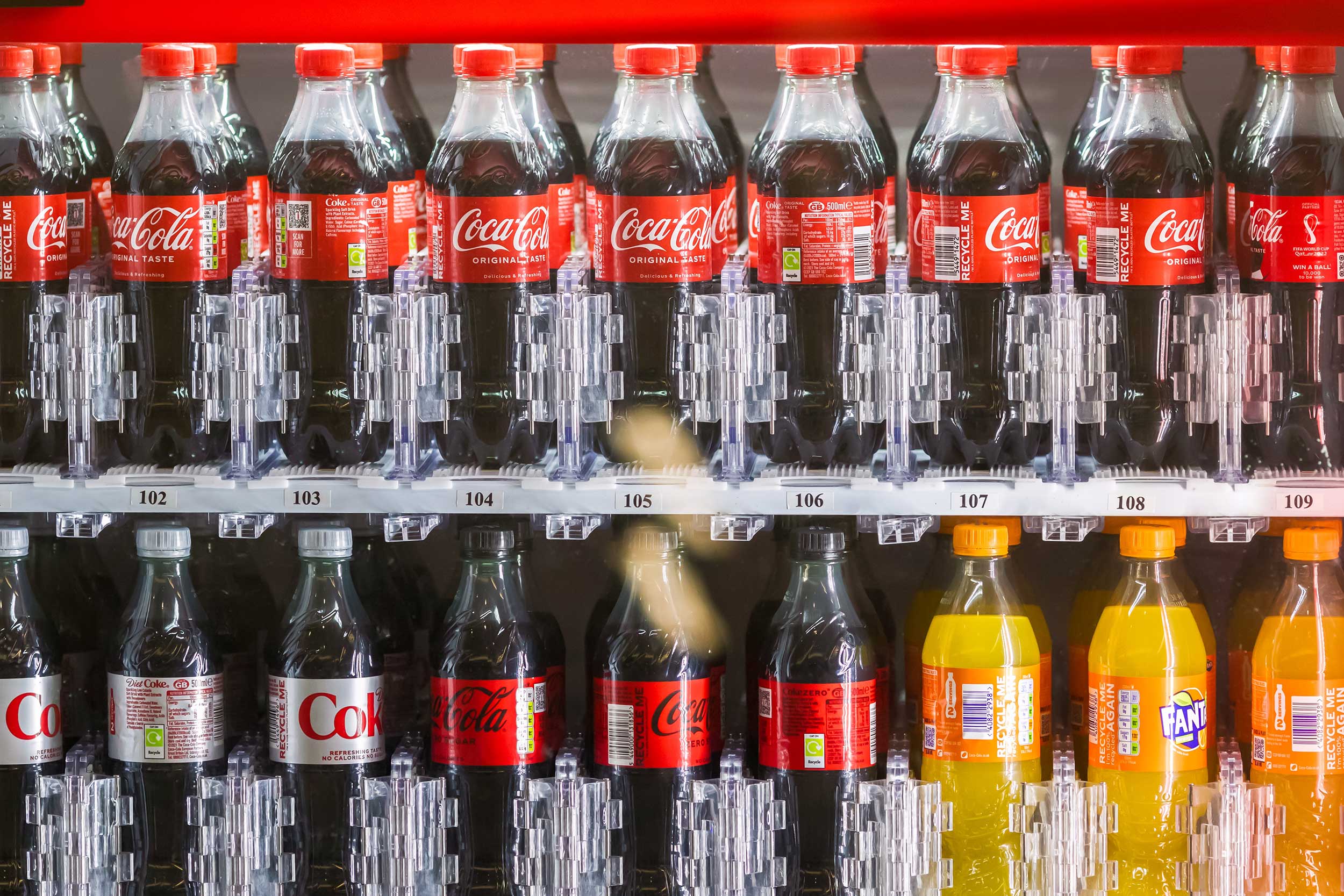
It seems like a silly thing, but being eco-friendly — however that’s defined — is just part of the cultural fabric of places like London and Copenhagen. There are more recycle boxes than rubbish bins. Water is offered in aluminum cans instead of plastic bottles. Shopping bags usually cost extra and are often reusable. If you get a straw, it’s paper. It isn’t a choice these Europeans make daily, it just is.
And don’t forget that some modern conveniences that we enjoy regularly aren’t custom. Like what? The fact that air conditioning is rare. Many laundry rooms only have washing machines; clothes are air dried. Toilets have different size flushes for different … er, messes. Vehicles are smaller than our SUVs and pickup trucks.
Bless their hearts.
It was the sentiment that I continued to come back to during my travels. There’s nothing inherently wrong with any of these efforts. If people are willing to deal with stiff clothing so they can avoid running a dryer, that’s their choice to make. If people want to use soggy paper straws, I can commend that. And we all know that we need fewer plastic bags in the world.
But none of that will save the planet unless we all convince China, India, and Russia to take the same actions. I don’t see that happening when at least two of those countries are more interested in war, human rights violations, and undermining democracies than electing Captain Planet. They aren’t doing anything to help, including in the fight against climate change.
The more infuriating thing is that the European Union and its members are comfortable imposing oppressive regulations on their farmers all in the name of environmental justice. Major cities in Germany, France, Poland, and others have hosted protests and rallies by farmers expressing their frustration at EU agricultural policies.
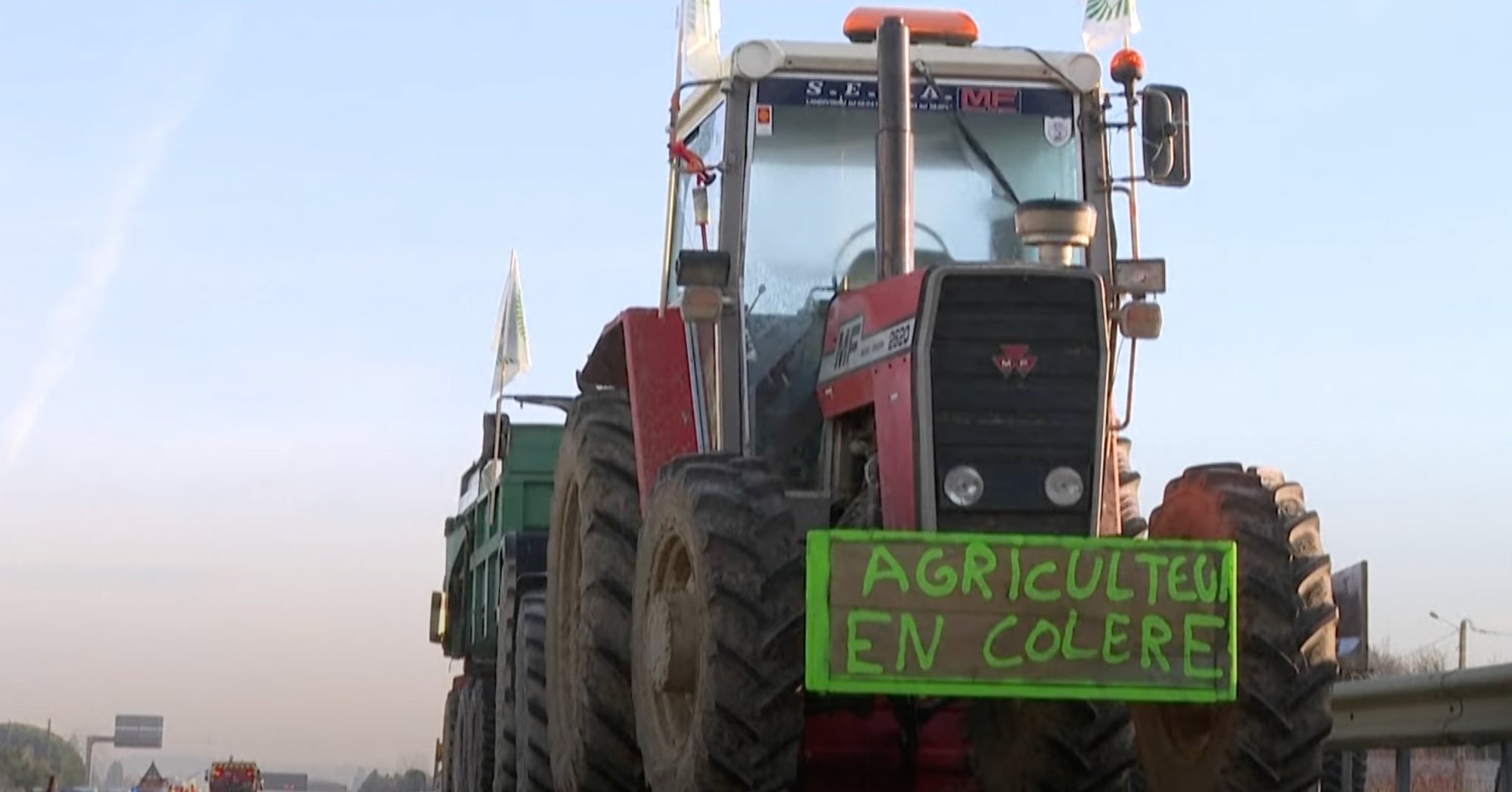

Consider the Dutch experiment. Farmers in the Netherlands were facing extinction at the hands of their own government. In the summer of 2022, the Dutch government introduced a plan to “radically” reduce the number of livestock raised in the country by more than 35 million animals. The multi-billion-dollar scheme would pay some farmers to quit the farm or relocate outside the country. Those that survived would be forced to implement practices that would require them to raise fewer animals on more land.
In the end, the EU’s Farm-to-Fork initiative only seeks to export greenhouse gas emissions to other parts of the world. Hamstringing farmers isn’t going to change the demand for food, fuel, and fiber. And that’s precisely why the EU temporarily ditched those policies in the face of Russia’s attack on Ukraine that upended food supply chains. It isn’t really sustainable.
So maybe that’s the reason these efforts to make life more eco-friendly felt a bit quaint and cute. While the average European is inconvenienced by drinking a pop with an attached cap, farmers’ livelihoods are being destroyed. I had to spend a few pounds on a bag to carry my souvenirs, but I’m not being forcefully relocated by the government. It’s easy to pat yourself on the back for making a difference when you’re not the one really facing the real consequences of bad policy.
That’s not the perspective I anticipated when I booked my flight (oh, the emissions!), but it was one I couldn’t escape.
Amanda Zaluckyj blogs under the name The Farmer’s Daughter USA. Her goal is to promote farmers and tackle the misinformation swirling around the U.S. food industry.


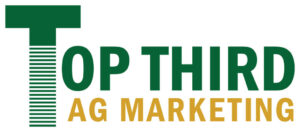
:max_bytes(150000):strip_icc()/iStock-601942830-2000-eb18c8a4364644918d9f14375bd9b463.jpg)
:max_bytes(150000):strip_icc()/DJI_0580-0780f75a2c2e49e1870e8c0a0f0f2248.jpeg)


